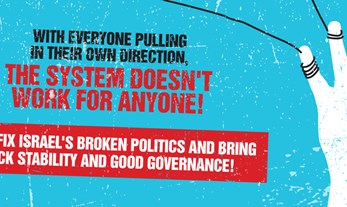


Israel's Alt-Right is Now Mainstream - Are Lawmakers Doing Enough to Stop It?
Written By: Yardena Schwartz
27 years after Kahane’s murder, Jewish extremists praise the rabbi, calling him a righteous prophet whose politics were ahead of his time. Like Kahane, Gopstein’s ultimate dream is an Israel that operates according to Jewish law, or Halacha, where the only Arabs who live there are those loyal to a Jewish theocracy. “At this rate,” he says of Palestinian citizens of Israel, “it’s either us or them”
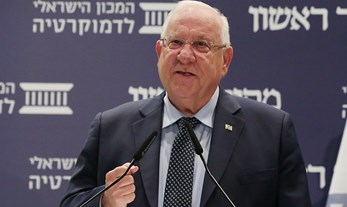
A Democracy in Flux
President Reuven Rivlin, Justice Minister Ayelet Shaked,Leader of the Israeli Labor Party Avi Gabbai and State Prosecutor Shai Nitzan relate to tensions surrounding the prime minister's investigations and the coalition crisis at a special conference held last night with Makor Rishon
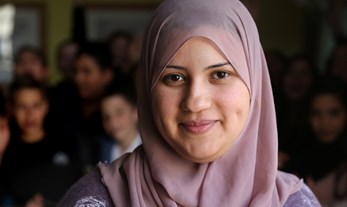
For Arab Women in Israel, It's Just Not Working
Written By: Dr. Nasreen Haddad Haj-Yahya
Arab women - around 10% of the total population of Israel - barely participate in the workforce, far below the employment rate of Arab or even ultra-Orthodox men. Why?

What if Women Were to Say ‘The Army’s Sexist, I’m Not Enlisting’?
Written By: Dr. Idit Shafran Gittleman
On the occasion of International Women’s Day we should devote some thought to the impact the IDF chief of staff's remarks on feminism have on young women who are about to be drafted
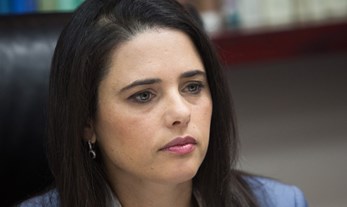
The end of the delegitimization of the Supreme Court
Written By: Prof. Yedidia Z. Stern
“The campaign to remake the Supreme Court has been completed” said Justice Minister Shaked - so now with its new and more conservative profile, there is no longer any justification for the delegitimization of the Supreme Court.
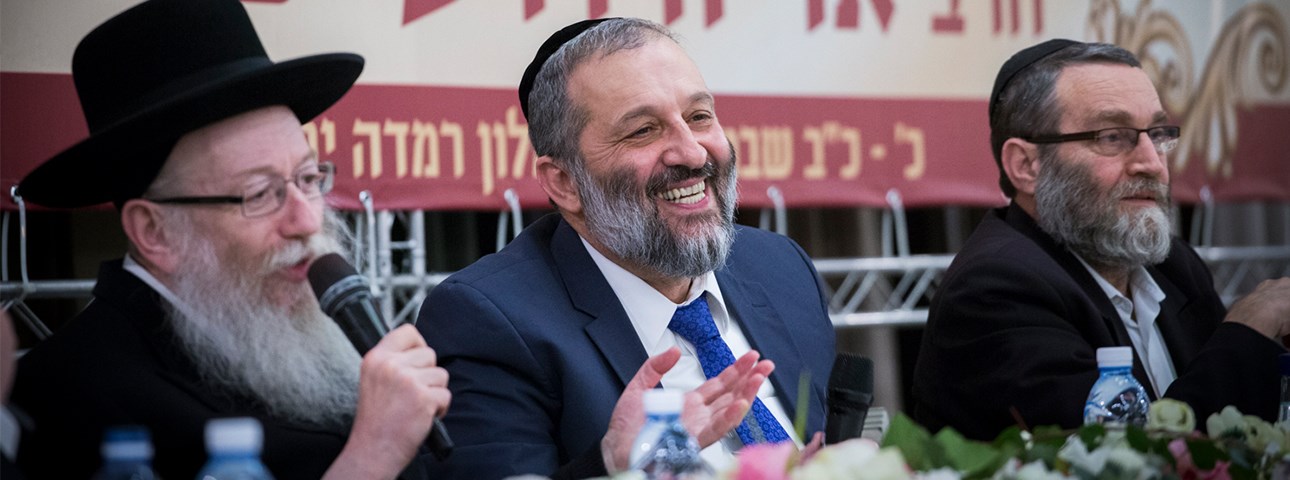
The proposed Basic Law: Torah Study has far-reaching economic implications
Written By: Yohanan Plesner , Prof. Yuval Shany, Prof. Yedidia Z. Stern
In a letter to the Members of Knesset, IDI's management clarifies that the ultra-Orthodox proposed legislation will influence budgetary matters such as allocations to Yeshiva students and housing grants, and will place Israel’s national security in jeopardy

Proposed Basic Law: Torah Study
Written By: Yohanan Plesner , Prof. Yedidia Z. Stern, Prof. Yuval Shany
Letter to Members of the Knesset on the proposed Basic Law: Torah Study - "This is an extremist proposal to enshrine the principle of inequality in our law books.Its adoption could undermine the IDF’s model of service and place Israel’s national security in jeopardy"

Women in the IDF: The Challenge of an 'Integrated' Army
Written By: Dr. Idit Shafran Gittleman
The state of Israel has also been grappling in recent years with an intense controversy over the service of women in the Israel Defense Forces (IDF), which recently came to a boiling point with the amendment of the “Joint Service Order,” which sets out guidelines for women’s military service alongside Orthodox men

Stop politicizing the civil service
Written By: Yohanan Plesner
IDI President calls on the leaders of the coalition factions to stop politicizing the civil service
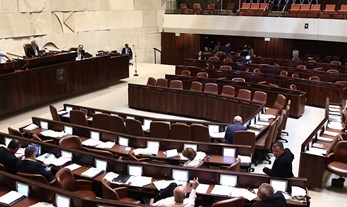
A Storm in a Teacup
Written By: Dr. Chen Friedberg, Dr. Assaf Shapira
Statesmanship or lack thereof has been in the background of a long list of scandals and incidents that have rocked Israeli politics in recent years

Co-Ed Army Service in Israel
Written By: Dr. Idit Shafran Gittleman
It’s time for the people’s army to listen to the voice of the people, and not just to the voice of extremists.

The Assault on the Rule of Law
Written By: Prof. Yedidia Z. Stern
Powerful forces are pushing against the rule of law, attempting to derail it. From the perspective of those who wish to preserve the rule of law, we are living in a Greek tragedy whose dreadful outcome is foreknown.
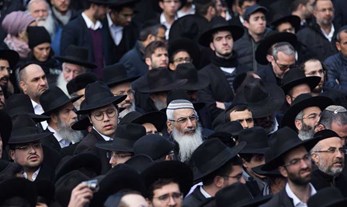
Who’s Afraid of Ultra-Orthodox Israelis?
Written By: Dr. Gilad Malach
Ultra-Orthodox society is moving toward a more Israeli, more modern future, while also maintaining its unique characteristics.
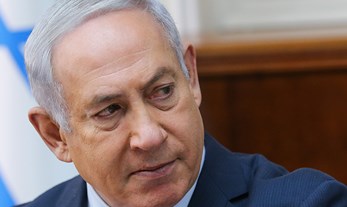
We expect our leaders to adhere to the highest ethical standards
Written By: Yohanan Plesner
"The facts revealed yesterday by the police are deeply troubling. Faced with this reality, all those who consider themselves leaders in our community, must come forth and make their position clear, rejecting such conduct forthrightly, lest moral decay spreads through our civil service and public’s trust in the government plummets.”

How to battle government corruption?
In recent years we have seen one Prime Minister, several ministers and numerous mayors charged and convicted on corruption. But most people enter politics for idealistic reasons and with good intentions. So what went wrong?

Most want minimarkets, public transport on Shabbat
Written By: Jeremy Sharon | Jerusalem Post
Large majorities of the Jewish public support allowing minimarkets to open and the operation of public transport on Shabbat, a poll by the Israel Democracy Institute has found.

Israelis Support Deportation of Asylum Seekers
Written By: Prof. Tamar Hermann, Prof. Ephraim Yaar
66% of the Jewish public and half of the Arab public support the government’s decision to deport asylum seekers to African countries that are prepared to absorb them.

A Decline in the Number of Ultra-Orthodox Men in the Workforce
Written By: Dr. Gilad Malach
For the first time since 2013- a decline in the number of ultra-Orthodox men in the workforce
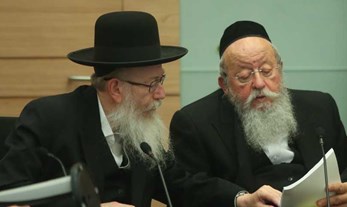
How Much Should Jewish Law Control the Jewish State?
Written By: Dr. Shuki Friedman
For decades, religious and ultra-Orthodox members of Knesset, backed and encouraged by their rabbis, have worked to inject the secular state with as much Judaism as possible. Over the course of 70 years, the results of this ongoing effort have been minimal, but the price paid by Judaism has been great.
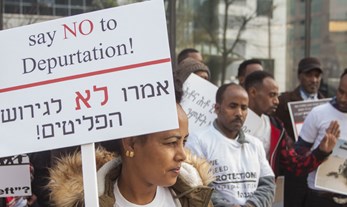
Questioning the Legality of Deporting Eritrean and Sudanese Asylum Seekers from Israel
Written By: Prof. Reuven (Ruvi) Ziegler
The Israeli government’s plans to deport en masse thousands of persons in need of international protection to undiscolsed ‘third contries’ pursuant to secret (denied, and effectively unenforcable) agreements are deeply troubling from a refugee and human rights law perspective. They should be called off.
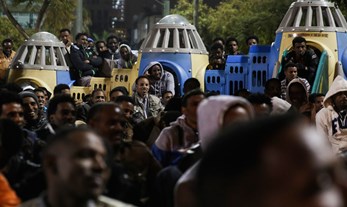
The Debate Over Planned Deportation of Eritrean and Sudanese Nationals
Written By: Prof. Yuval Shany, Adv. Alona Vinograd
Deporting people against their will to the countries they escaped from evokes strong and disturbing recollections of dark episodes in Jewish history.

Proper Representation - Let's Play!
As the Knesset celebrates its 69th birthday on Tuesday, Jan. 30, here is a chance to see how you score on knowledge of Israel's parliament. What did Israel's lawmakers do before joining the Knesset? What did they do after leaving? what are the benchmark requirement to becoming an MK? How many are currently serving their first term? Let's play!

The Knesset at Age 69: Still Struggling for the Public's Trust
Written By: Lahav Harkov
While members of Knesset represent Israel's diverse society, they're still seen as self-interested and ineffectual by the public.
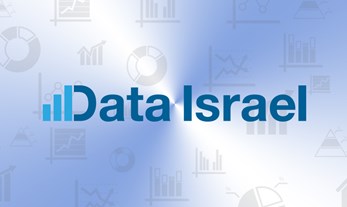
Data Israel
Written By: Prof. Tamar Hermann, Or Anabi, Tzipy Lazar-Shoef
In Honor of Israel's 70th Anniversary The Guttman Center for Public Opinion Research and Policy at the Israel Democracy Institute Is Launching “Data-Israel”: The largest and most encompassing online public opinion research database in Israel at the click of a button.
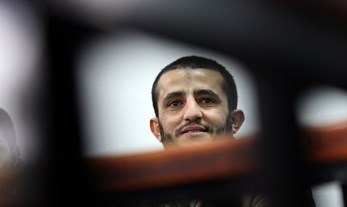
Knesset Considers Changing Law to Apply Death Penalty to Convicted Terrorists
Written By: Colonel (Res.) Dr. Liron A. Libman
A recent Knesset bill that would introduce the death sentence for terror-related murder in Israel has broken the decades of relative silence on the matter.

Limited Partnership: Arabs and Jews in Israel
On the complex relationship between Arabs and Jews in Israel and the secret to bringing down the walls of fear and prejudice

The Case for Substantive Democracy
As calls for a "majoritarian democracy" gain strength in Israel, IDI's President warns of the dangers associated with a tyranny of the majority, and makes the case for a richer interpretation of democracy, grounded in the principles of liberty, equality and the separation of powers.

From Peoplehood to Brotherhood
Written By: Dr. Shuki Friedman
“It was the best of times; it was the worst of times.” Dickens’s words seem a highly apt way of describing the current state of the Jewish people, and the relationship between the two largest Jewish communities in the world – those in Israel and the United States.

Women in the Military
Written By: Prof. Yedidia Z. Stern
Prof. Yedidia Stern: "These rabbis, who loudly extol the virtues of Jewish statehood, do not hesitate to drag the people’s army into the arena of conflict with their irresponsible statements."


